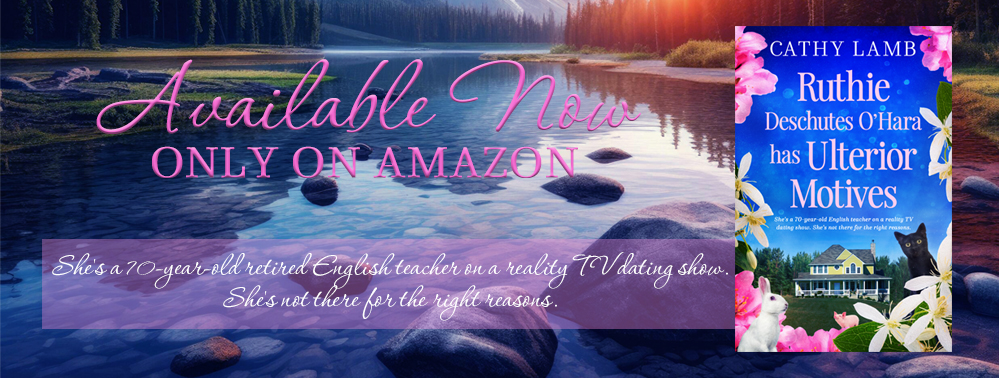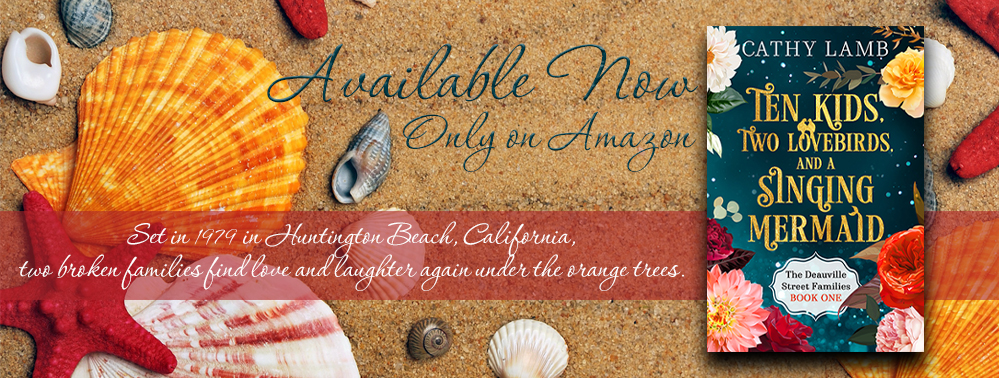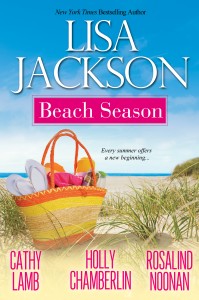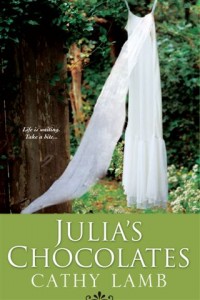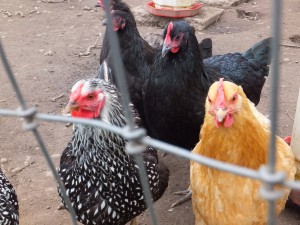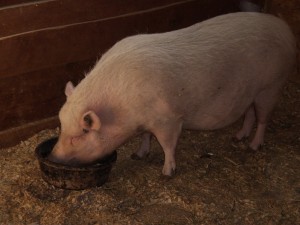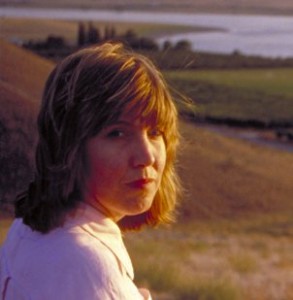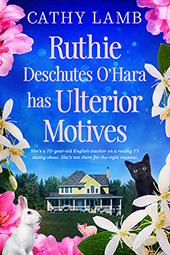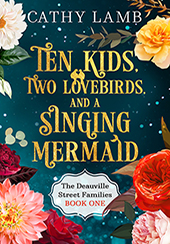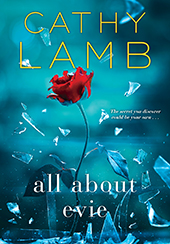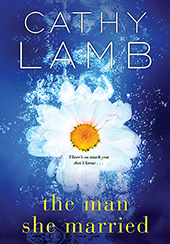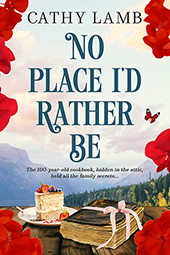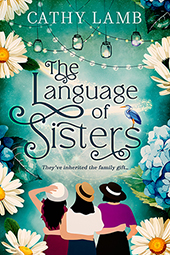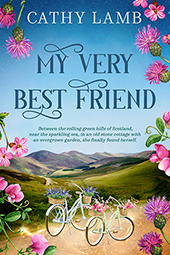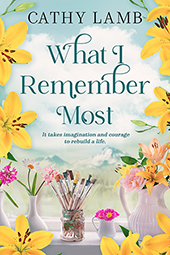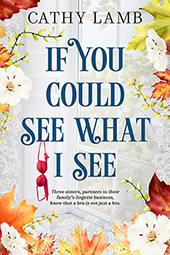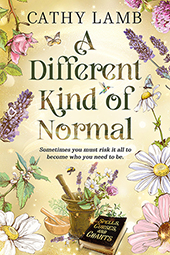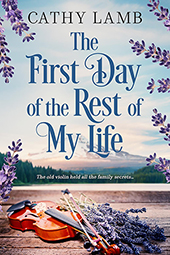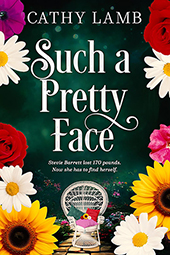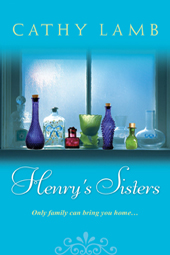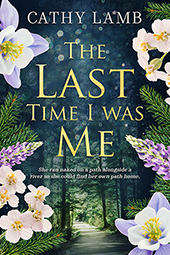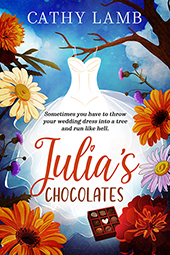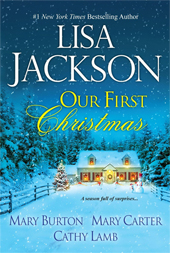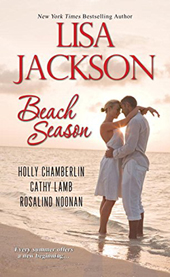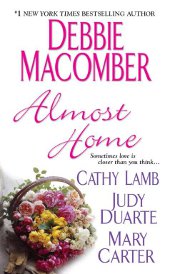I am asked all the time how one should go about getting published.
Here is my answer.

Tulips have nothing to do with publishing unless you are writing a tulip book.
You need to write something good. Really good. You need to write something that a publishing house believes will sell.
So work, work, work on that story of yours. Study writing. Go to writing classes. Study your favorite books and ask yourself why you like them.
Read Bird by Bird by Anne Lamott. On Writing by Stephen King. Writing Out The Storm by Jessica Morrell. And read Julia Cameron and Natalie Goldberg’s books. See my other articles titled, “For Writers” in this blog.
Study more. Write more. Read more. Begin again. Edit, edit, edit.
When you’re ready to submit your work, you need to get yourself an agent.
Should you finish writing your book before you try to get an agent?
Probably anyone else, in any other writing forum, in any magazine article or in any speech about how – to – publish, here or on Jupiter, will tell you to write a full manuscript before sending the first chapter off to an agent for his review.

Always write from a new perspective.
This is enormously good advice in many ways. Writing a full book before sending it to an agent makes you nail down those characters. It forces you into the writing process.
You learn about pacing, character arcs, character development, climaxes, word choice, descriptions, dialogue, narration, voice, and a hundred other things, including whether or not you are capable of sitting your butt down and finishing a book. All excellent points.
I, however, will not tell you to write a full book before sending the first chapter off to an agent to review.
Why? Because of my own personal and miserable history which involved piles of rejection slips. After months spending time writing full manuscripts, they would be rejected. Repeatedly.
I wanted to bash my head through a wall. All those months of work…trashed. For nothing.
Looking back, the writing was bad. The idea was bad. The characters were bad. The organization and dialogue and narration were bad. Bad, bad, bad. I’m surprised I got as far as I did in my first go – round of trying to publish with Mills and Boon/Silhouette.

Write with color
On my LAST attempt at writing a book, and I completely changed genres to women’s fiction, I wrote the first 40 -ish pages of my book, Julia’s Chocolates, no more. I sent it to four agents and a famous editor. The famous editor never responded. All the agents, based on those first forty pages, requested the full manuscript.
I waited until my favorite agent – the one I have now – asked for the full manuscript, told him I needed to do “a little editing,” and worked my butt off for about four months, writing from ten o’clock at night until two in the morning, while taking care of three young kids, a house, and working a freelance writing job.
I used to edit Julia’s Chocolates while my kids were playing at Chuck E Cheese and McDonalds.
I sent the full manuscript to my favorite agent, blurry eyed and exhausted. He loved it and I signed with him in a couple of weeks. A few weeks after that he sold Julia’s Chocolates as part of a two – book deal to the publishing house I’m with now. I was ecstatic and I still love both my agent and my editor.
My advice is to write a bang up 20 pages. Yes, I did say 20. Twenty.

Get outside. It’ll help you write.
Write a short cover letter describing the plot in the first two paragraphs, the ending paragraph should be about you. Get a book on how to write query letters. Loosely follow it. You can send a short synopsis of the book attached at the end of the first twenty pages.
So your packet out to agents, online or by snail mail, looks like this: Cover letter, one page. Twenty pages of your story. Synopsis, one page.
An agent will read the first paragraph, MAYBE the first page, of your book, before he tosses it if his attention is not grabbed. If he likes the first paragraph, he reads the first page, then the second page, then the third.
He knows QUICKLY if your book is something he can sell to a publishing house. They’re experienced, they’re smart, they’re efficient. Never forget: They are BURIED in manuscripts.
Why only 20 pages? Because then you won’t waste your time. If the subject matter/characters of your book are not appealing, if it is not going to sell, you have not wasted a year of your life writing a book that no publishing house wants. With twenty pages you have limited your loss of time and effort.
The brutal truth is – and here I will say something that will be offensive so put on your tough alligator skin – what you’re writing may not be anything anyone wants. It could be the topic. Could be the market. Could be the wildly insane competition out there.
It could be the writing. It’s just not good/intriguing/gripping/fun enough. Yet. It may never be for that particular idea.

Spend a lot of time daydreaming if you want to be a writer.
If no agent wants to represent your work after repeated rejections move on to the next story in your head. You may have to eventually change genres, like I did, which worked splendidly.
If an agent likes those twenty pages, he will ask you for the full manuscript. This is where you write your heart out, like I did, above. Make it the best writing of your life. Give up sleep. Get up early, go to bed late, write during the weekend.
You may have to edit that sucker four or ten times. I edit all my books eight times before I send it the first time to my agent and editor and I have been writing for years. Address the stuff I mentioned above about character arcs, word choice, description and PACING. Pacing is key. Too slow and you’ll put people to sleep.
Many people will say that this approach, where only 20 – ish pages are actually done when you first send it to an agent, will result in a rushed, poor manuscript if it’s requested by an agent.
Here’s the key: Don’t send in a rushed, poor manuscript. Duh. Send in an excellent manuscript. The very best you can do.
Yes, your manuscript arrives later than the agent wanted but, trust me on this one: If it’s a heckuva manuscript, he won’t give a rip. He’ll lean back in his chair, throw up his arms, look to the ceiling as if in “Hallelujah,” and try to sell your manuscript for as much as he can get.

See how these rows are nice and neat? Writing is not like that.
Your cover letter when you are finished with the requested manuscript is simple: Dear so and so, thank you for requesting my full manuscript I LOVE VAMPIRES AND GOBLINS AND CHOCOLATE. The manuscript is enclosed. I will look forward to hearing from you. Sincerely, YOUR NAME.
His letter, where he requested the manuscript, goes below this to remind him that, yes, he did ask for your work.
Once your send in your full manuscript to the agent, if he likes it and thinks he can sell it, he will call or email you. It is unlikely that he will send a smoke signal.
If you still like that agent after that conversation, you will sign a contract with that agent. This means he will represent your book to the publishing houses, which basically means he will contact the editors he knows, either at lunch or a cocktail party or a meeting or a bar, and talk your book up. He will contact editors in houses who sell your type of genre.
Hopefully an editor is interested. If he is, the agent will send the editor your manuscript. If the editor believes his house can sell it and make money off it, he will then buy the book. This involves more contracts. All the contracts are in legalese and are quite long and detailed. They will bore you silly. Get an attorney to review it.
The contracts from the editor/publishing house will go through your agent. You will sign the contracts if you agree to the upfront money the publishing house is offering, and the royalties they offer after the book sells and your upfront money is paid off.
Please people. The number of writers who get upfront six figures – plus is tiny. Miniscule. Do not expect anywhere near this, especially for your first book. I know writers who get all the money they can upfront, because they know they will earn no royalties. Be aware that the vast majority of writers cannot make a living writing, that’s why they keep their day jobs.

Don’t forget to create a compelling setting in your story.
Remember, you will also give a portion of your earnings to your agent once you are under contract with a publishing house. All monies go from the publishing house, to the agent, then to you. Royalties are paid twice a year.
Once the contract is signed, you’ve sold your book. Hopefully there will be more contracts to come and you’ll be on your merry way. I wish that for you, I truly do.
Do you need an agent? Unless you are writing category romance, like Silhouette or Harlequin, or you’re self – publishing, more on that later, you need an agent. An agent acts as a screener. If you cannot get an agent to represent you, the general rule is that the publishing house won’t look at your work. In other words, if an agent didn’t like it, they won’t either.
How do you contact an agent in the first place? If you’re in writers’ groups, agents’ names will start floating around. Pay attention to those names. You might also meet agents at writing conferences or workshops. Your best friend’s brother’s half sister may be an agent.
Or, pick up this book, “http://www.amazon.com/2013-Writers-Market-Robert-Brewer/dp/1599635933/ref=sr_1_1?s=books&ie=UTF8&qid=1368413571&sr=1-1&keywords=2013+writer%27s+market and find an agent in there under your genre. If you’re writing romance, look for romance book agents, writing thrillers, go for agents representing thriller writers.

Weather can enhance tension and drama in your story so use it.
Everything you read/hear will tell you to send your partial manuscript to one agent at a time. Don’t follow that rule either. As you can see, I don’t really like rules. Too confining.
Many agents will never, ever respond to you or your pages. Other agents will take months to read it. With others, the rejection slips will come back so fast, you will think the agent didn’t even read your book. And, he may not have. He may not be taking on clients. Or, he may have read the first page and thought it sucked.
People worry about mass mailing their partial manuscripts to agents.
I will be honest with you, if you get ONE reputable agent who is interested in your work, you should click your heels together in joy. I have heard unpublished authors say, hands wringing, all uptight, “What would I do if I send it to more than one agent at a time and they all want it?”
This happens so rarely, stop fretting.
If you are very fortunate and two agents ask for the full manuscript, send it to your favorite agent first, wait a month, send an email to see if they’re interested, and if they don’t respond in a timely manner, send the full to the second agent.
So, out with ten copies of your first twenty pages to ten agents. Wait a few weeks, send it out to another ten agents. Make sure you are sending your work to good, honest agents. Go to this website http://pred-ed.com/ to check.

You must have at least one character that the reader can root for, care about, and like.
You will probably be surprised at how fast the rejections come back. It is disheartening, I know it. I lived it. Bang my brain against the keyboard, this part is not fun.
But buck up on the rejections or get out of writing. Rejections are a part of being a writer. Cry. Throw a fit. Take thirty minutes then get over yourself and your pride and your belief that your book should be Number One on the NY Times bestseller list by Tuesday.
If your book keeps getting rejected, analyze it without emotion and figure out what’s wrong with it. You must put your ego aside. Do not give it to your mother or wife to analyze it, they are too close to you and probably won’t be honest.
Consider paying an editor, like I paid Jessica Morrell, a fab editor, to tell you the truth about your work. http://jessicamorrell.com/
(Side note: Do not hire Jessica if you want her to flatter you and tell you that your book is perfect. She is blunt and honest and knows her stuff. Most of the time she is polite, but not always. Only hire her if you want to hear the truth, you won’t get defensive, you want her criticisms, you’re okay with her shredding your prose, and you are mature enough and smart enough to turn around and use the criticisms to write a better book.)
A Few More Thoughts:
Reputable agents NEVER ask for up front money or reader’s fees. If yours does, drop him and move on.
Don’t pay someone to print your books in traditional book form, please, unless you like losing money. In almost all cases, this will not work out for you financially. Don’t write to me and tell me about someone who printed their own books and made piles of money. There are a million people behind him who LOST money. Thousands of dollars. The ones who make money are just shouted out louder by the self publishing industry in the hopes of convincing you that you will be that lucky guy who will also make piles of money.

Word choice is critical. Make every word count, every word MUST have a reason for being in your book.
I have heard some interesting success stories about people who self published their work with Amazon. It’s intriguing. Remember, though, you have to have a reader base to make money on this. There has to be people out there who want to read what you wrote. Be prepared to market and do PR work. For every one person who makes a lot of money on Amazon self publishing, there are thousands who don’t make twenty bucks.
You must keep writing if you want to publish.
You must keep reading excellent books, and learning from them, if you want to publish. I am still learning. Still studying. Still critically analyzing my work, every word of it.
If you want to make a living at this, you almost always need to be with a big publishing house, not a small printing press who will pop off 3000 copies and hope you sell 1000.
If the same manuscript repeatedly gets rejected, it probably is not going to sell. Do not write to me and tell me about Harry Potter and Gone With The Wind and how often they were rejected before becoming best sellers. Once again, a huge hit getting rejected fifty times initially happens about the same amount of times that the moon turns pink.

Use a lot of dialogue. It moves the story along and shows the reader who the character is.
If your manuscript has been rejected forty times, even thirty times, you have to face the harsh truth that it may never publish. There may be something inherently wrong with your work. Never fear! Start a new book. Change genres. Learn from it. Get back out there.
I recently listened to a woman, who I will call Dixie, read her book aloud at a book fair. I have known this woman for at least ten years. Ten – plus years ago she wrote her book. It has never sold. She is still hung up on it, still believes it will sell. It will never sell. She should have dropped it and moved on years ago. Do not be a Dixie.
Understand that this is an incredibly competitive industry. There are so many freakishly talented authors out there it makes me nauseous. You are competing against them. Never forget it. Bring your best to the table.
You must live a full life if you want to publish. Love. Laugh. Be with family and friends. Dance. Sing. Go have adventures. For heaven’s sakes, travel. Listen to people. Think new thoughts. Open your brain up to new ideas. Read the newspaper. Take an art class. Try photography. Go to the mountains. Play in the waves. Make new friends. Be interested in others. Be interesting yourself. Be compassionate and kind. All this will fuel the writer in you.

 It produced instant relief. I cannot describe how glorious that hot water felt. It almost made me breathless. In fact, now and then, I had to pull my arm away from the water, breathe, relax, then stick my arm back under again. It’s poison oak ecstasy.
It produced instant relief. I cannot describe how glorious that hot water felt. It almost made me breathless. In fact, now and then, I had to pull my arm away from the water, breathe, relax, then stick my arm back under again. It’s poison oak ecstasy.
